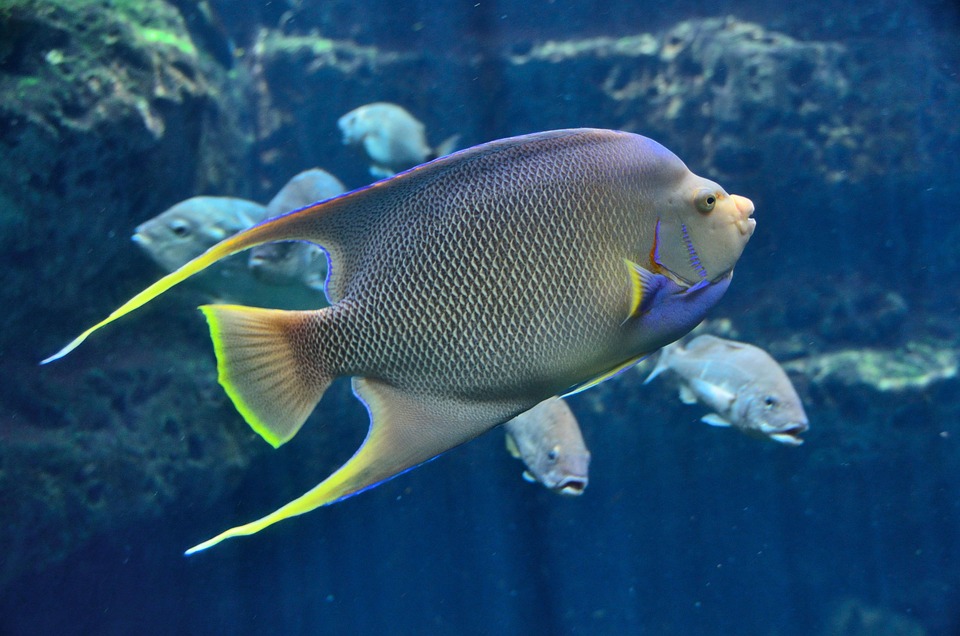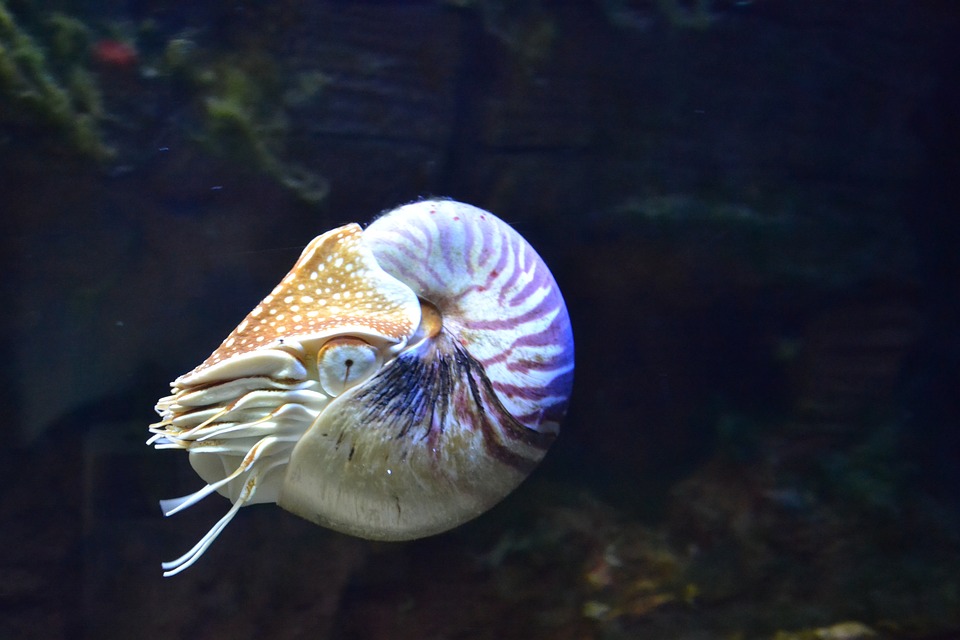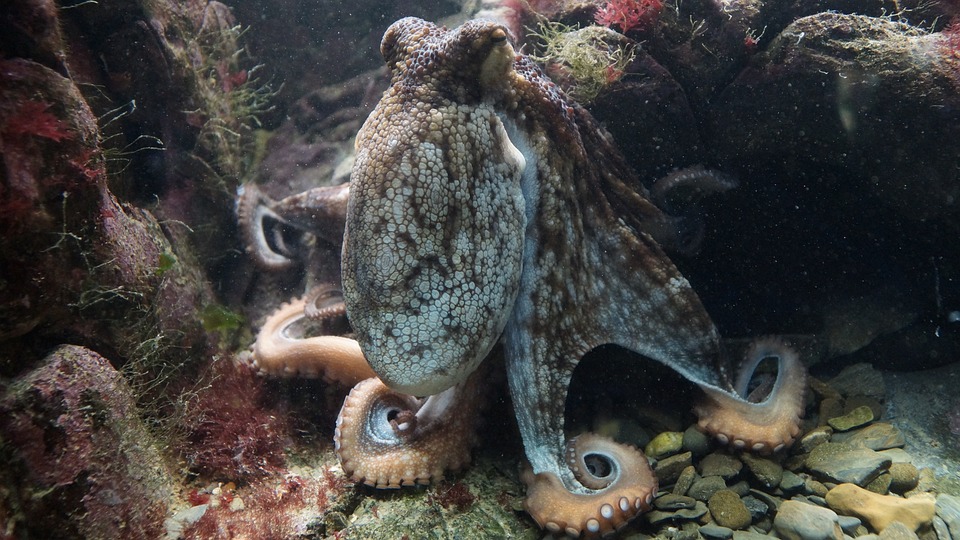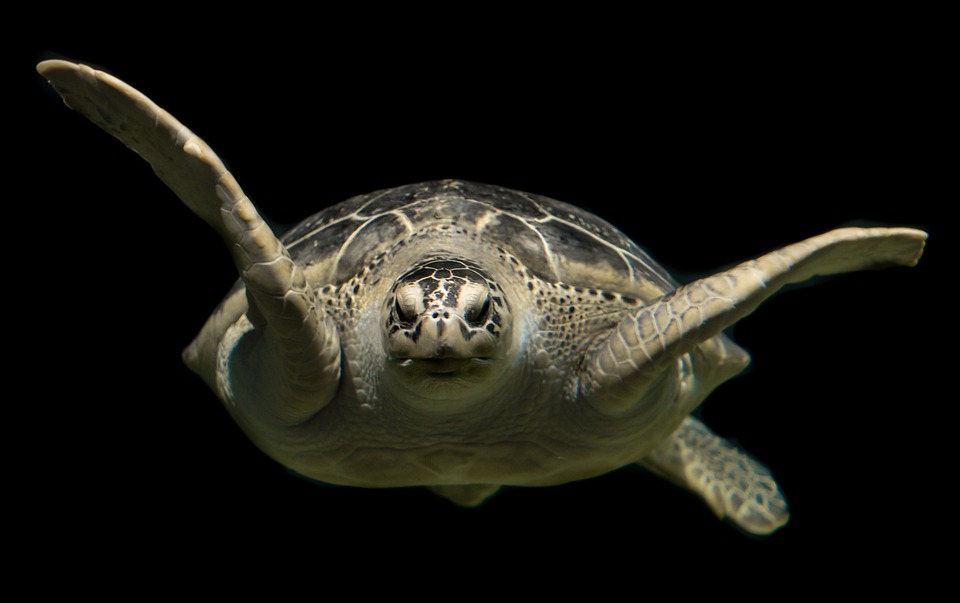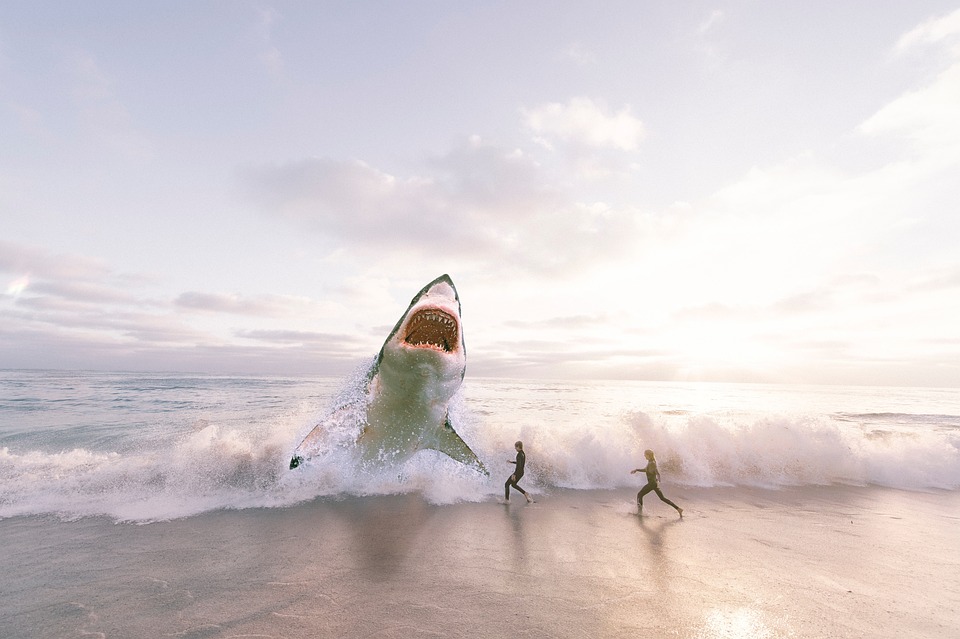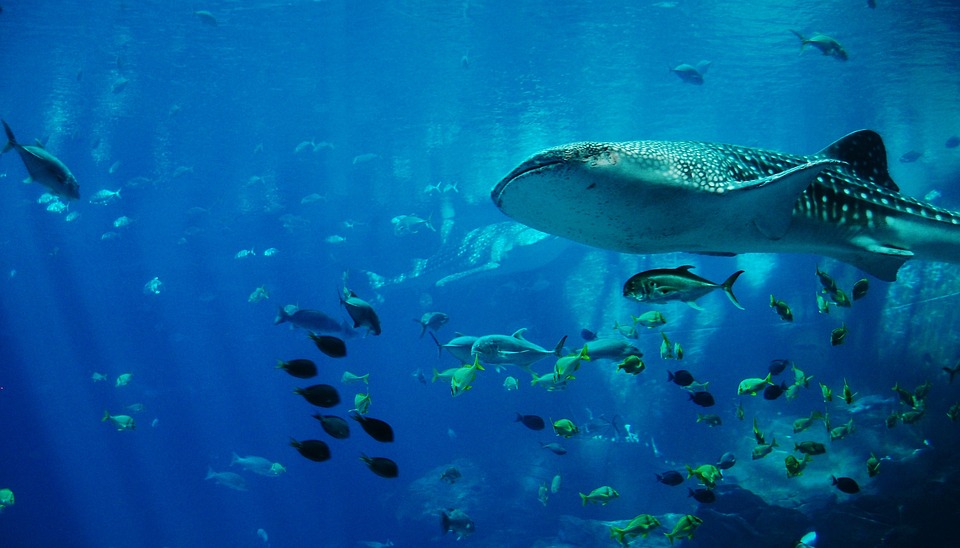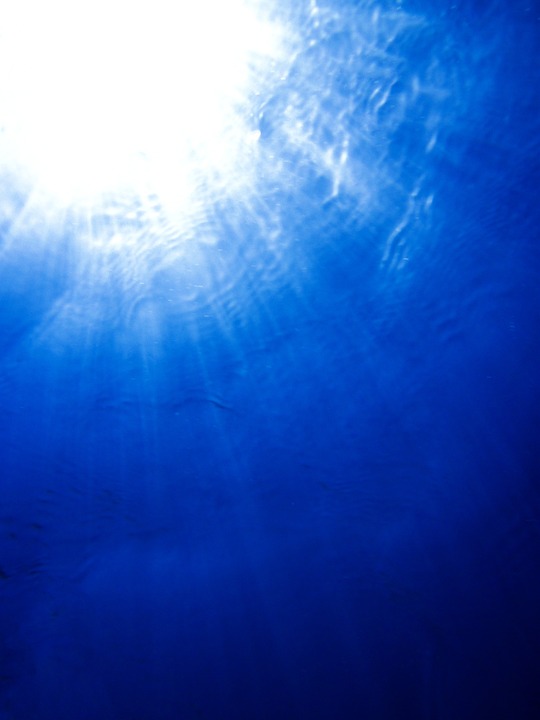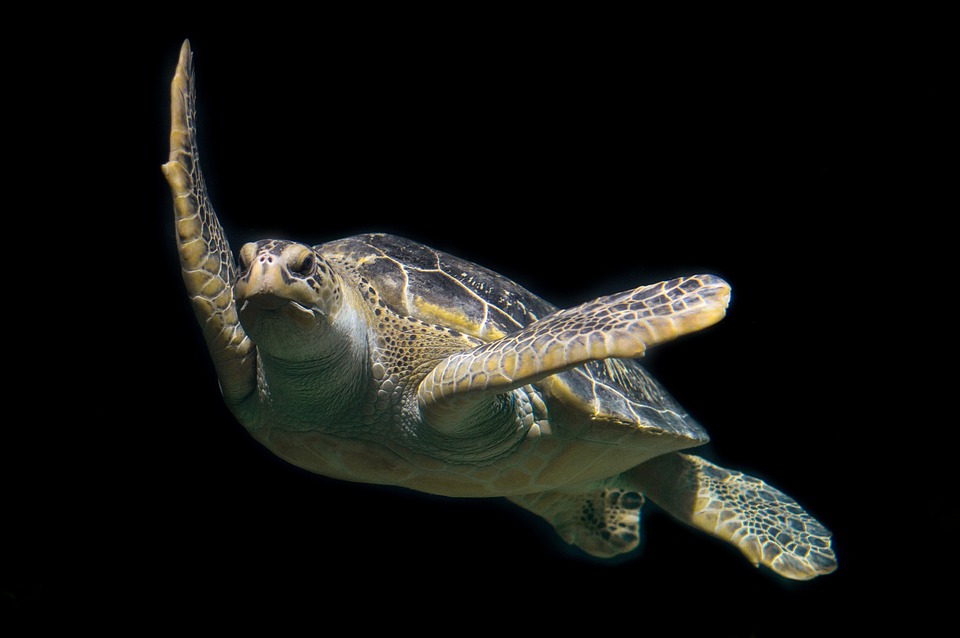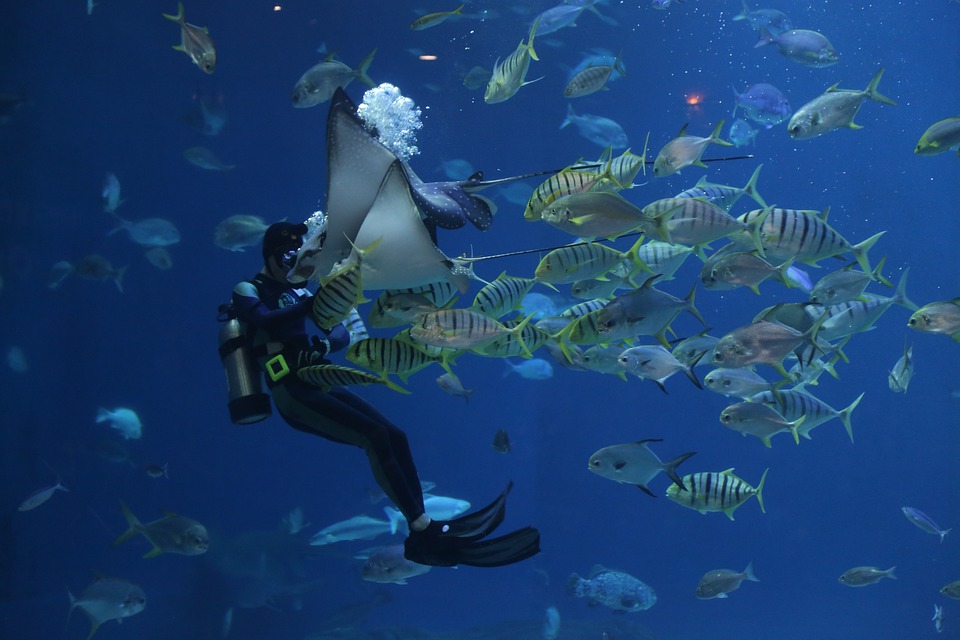Scuba
-
Escape to a Different World: How Scuba Diving Offers a Unique Sense of Freedom and Peace
Scuba diving offers a unique sense of freedom and peace by allowing individuals to escape the demands of daily life and immerse themselves in the tranquil underwater world. It provides weightlessness, vibrant colors, and a meditative experience, while also promoting preservation and conservation efforts. Swimming skills are not necessary, proper training and precautions ensure safety,…
Categories: Scuba -
Gearing up for Adventure: Choosing the Right Scuba Equipment
This content provides a guide on choosing the right scuba equipment for an enjoyable and safe diving experience, including the BCD, regulators, dive computer, exposure protection, and accessories. It also answers frequently asked questions about servicing, renting, selecting a mask, using wetsuits in colder water, and caring for equipment.
Categories: Scuba -
Scuba Diving Safety 101: Essential Tips for a Safe and Enjoyable Dive
This article provides essential tips for safe scuba diving, including planning your dive, getting proper training, using proper equipment, diving within your limits, and practicing proper descending and ascending techniques. It also includes frequently asked questions about scuba diving safety.
Categories: Scuba -
From Wetsuits to Fins: How Scuba Gear Has Evolved Over the Years
Scuba gear has evolved over the years, with advancements in wetsuits, fins, and dive computers improving safety and comfort for divers. Current trends include compact gear, rebreather technology, and wireless connectivity. Upcoming innovations include augmented reality masks, improved propulsion systems, and eco-friendly materials.
Categories: Scuba -
Take the Plunge: The Mental and Physical Benefits of Scuba Diving
Scuba diving offers physical fitness benefits, reduces stress, enhances mental well-being, promotes social bonding, and encourages environmental preservation. Basic swimming skills are typically required to scuba dive.
Categories: Scuba -
Unleashing Your Inner Aquanaut: Must-Have Scuba Gear for Beginners
This content discusses essential scuba gear for beginners, including a dive mask, snorkel, wetsuit or drysuit, BCD, regulator, and dive computer. It also answers FAQs about scuba gear.
Categories: Scuba -
From Shipwrecks to Coral Reefs: The Top Dive Sites Every Scuba Diver Should Visit
This article discusses the top dive sites every scuba diver should visit, including the Great Barrier Reef in Australia, the SS Thistlegorm in Egypt, and Palau’s Blue Corner in Micronesia. It provides information on the suitability for beginners, certification requirements, best time to visit, safety precautions, and booking options.
Categories: Scuba -
The Essential Scuba Gear Every Diver Should Own
This article discusses the essential scuba gear every diver should own, including a mask, snorkel, wetsuit or drysuit, regulator, BCD, fins, dive computer, dive knife, and safety equipment. Regular maintenance is also important.
Categories: Scuba -
Exploring the Unseen Wonders: Scuba Diving and Its Extraordinary Marine Life Encounters
Scuba diving is a thrilling activity that allows individuals to explore the underwater world and encounter vibrant marine life. It offers tranquility, vibrant colors, close encounters with marine giants, and the opportunity to explore coral reefs. Recreational scuba diving typically has a maximum recommended depth of 30-40 meters, and while it comes with risks, it…
Categories: Scuba

